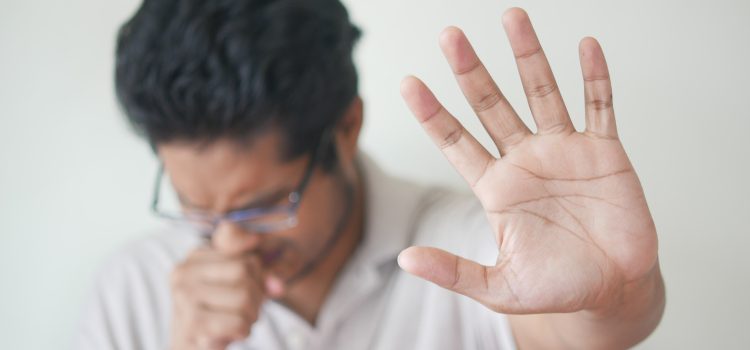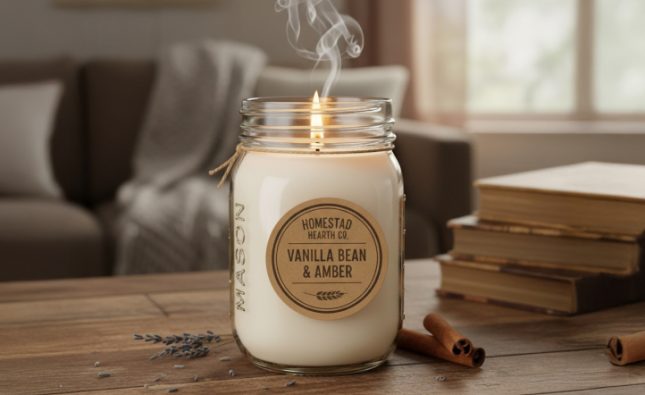
When “Serial” first debuted as a podcast in 2014, it quickly became a cultural phenomenon. The true-crime series, which investigated the 1999 murder of Baltimore high school student Hae Min Lee and the conviction of her ex-boyfriend Adnan Syed, captured the imagination of millions of listeners around the world. Now, nearly a decade later, “Serial” is making the leap from podcast to screen in a new HBO series. But can the TV adaptation capture the magic of the original podcast?
At first glance, the answer would seem to be yes. The trailer for the “Serial” TV series promises a visually stunning and emotionally gripping adaptation of the podcast. The show is executive produced by Sarah Koenig, the host and co-creator of the original podcast, and directed by acclaimed documentarian Amy Berg. The cast includes talented actors like Michael Cera and Kaitlyn Dever, who are sure to bring depth and nuance to their roles.
But the transition from podcast to screen is never an easy one. Podcasts are an intimate medium, allowing listeners to create their own mental images of the story being told. In contrast, TV is a visual medium, with its own set of conventions and expectations. The challenge for the “Serial” TV series will be to capture the essence of the podcast while also creating a visually compelling narrative.
One potential pitfall is that the TV series could stray too far from the original podcast. “Serial” was groundbreaking in its use of long-form storytelling and its willingness to explore the gray areas of a complicated case. The TV adaptation could be tempted to simplify the story, making it more black-and-white in order to fit into the standard TV crime drama mold. If this happens, the show risks losing the nuance and complexity that made the podcast so compelling.
Another potential issue is that the TV series could simply retread the same ground as the podcast, without adding anything new. While there is certainly an appetite among fans for a faithful adaptation of “Serial,” it’s important that the TV series brings something fresh to the table. Whether it’s new interviews, new evidence, or a new perspective on the case, the TV series needs to offer something that the podcast didn’t.
Overall, I’m cautiously optimistic about the “Serial” TV series. The talent involved is certainly impressive, and there’s no denying the power of the original podcast. But adapting a podcast to screen is a tricky business, and there are many ways that the TV series could go wrong. Ultimately, it will come down to whether the show can capture the spirit of the podcast while also offering something new and compelling to viewers.
In the end, whether or not the “Serial” TV series succeeds, it’s clear that the podcast has left an indelible mark on the world of true-crime storytelling. It opened the door for countless other true-crime podcasts and inspired a generation of listeners to become amateur detectives. As we eagerly await the release of the TV adaptation, it’s worth reflecting on the impact that “Serial” has had on the world of podcasting and beyond.









